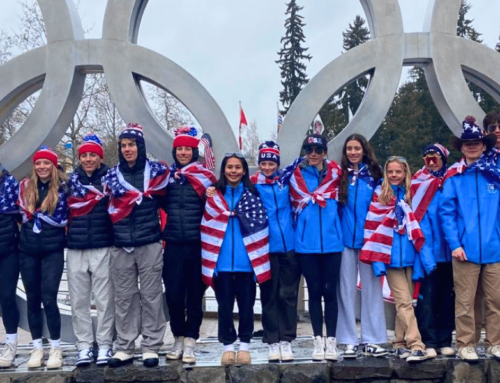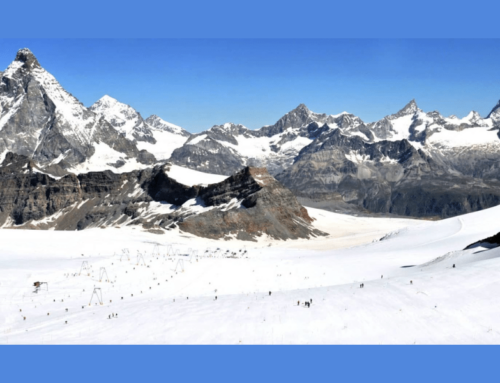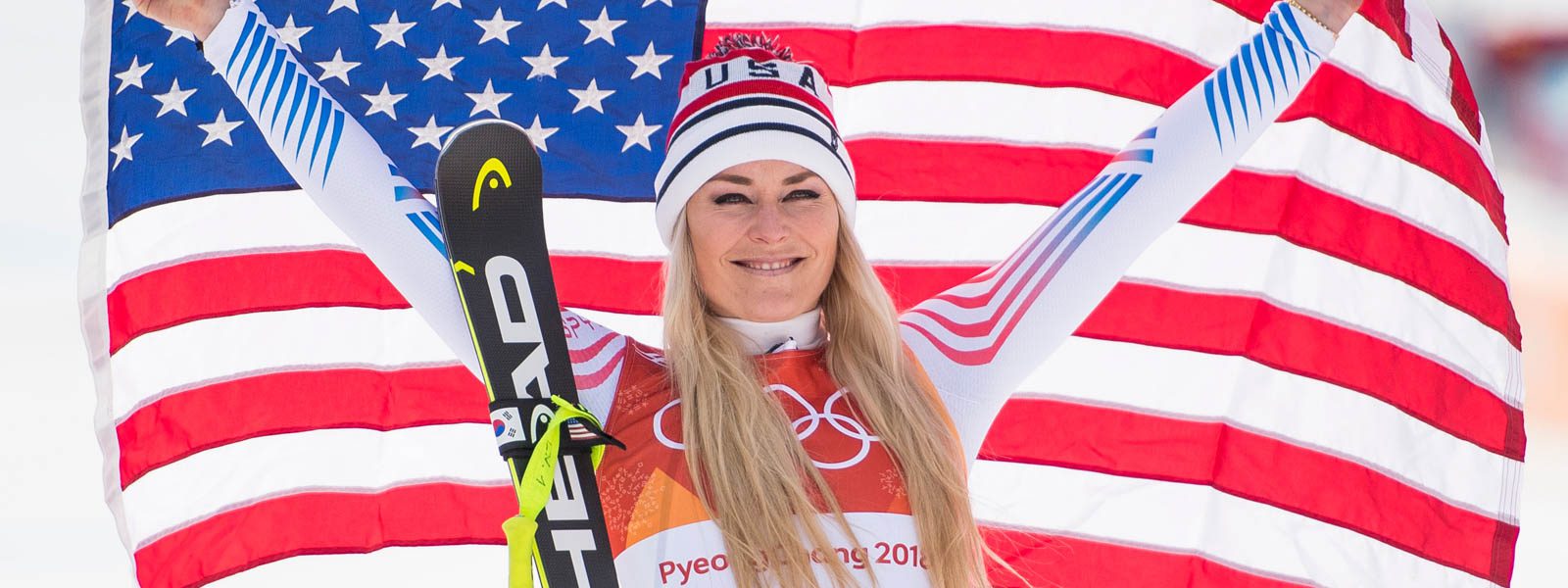Now is the Time to Start Your Mental Training
Photo supplied by Team Summit
It happens every winter. In December, January, and February, I get calls from national team athletes and parents of young racers who are struggling mentally in their ski racing, and they have big races coming up. They want me to fix them quickly somehow. Though I think I’m pretty good at what I do, I’m no miracle worker and mental training isn’t magic.
To put the request in perspective, do you wait to get injured before working on your fitness? Do you wait until you develop a major technical flaw in your skiing to work on your technique? In both cases, of course not. It would be best if you approached the mental side of your ski racing in precisely the same way. You build your fitness and improve your technique during the prep period to prevent injuries and technical problems from arising during the race season. So, this article challenges you to also prioritize an essential, yet often neglected, piece of the ski racing success puzzle during the off-season.
I’ll go over several points. First, I frequently speak to racers, coaches, and parents worldwide about the mental aspects of ski racing. Whenever I get the chance, I ask them how important the mental side of ski racing is compared to the physical and technical sides. Though a few always say that the mind is less important than the body and technique, about 99 percent say it is equally or more important. Admittedly, I don’t think it’s more important because all the mental training in the world won’t help if you’re not physically or technically capable of getting down the hill. But I think it’s safe to say you have little chance of success without a well-trained mind.
Second, I ask racers how many hours a day they devote to their physical and on-snow training. Depending on the season, most say between 2 and 6 hours. Then, if the mind is so important, does that mean you’re spending 2 to 6 hours a day on mental training? The answer is ‘no,’ but the question is primarily rhetorical and meant to open their eyes to the absurdity of not spending time on such an essential contributor to our sport. At this point, many acknowledge the issue and nod their heads in understanding.
Third, I work with several racers yearly, from U14s with big dreams to Olympians realizing their dreams. It has become abundantly clear that once the foundation of fitness, technique, tactics, and equipment is established, the mind separates racers who achieve their goals from those who don’t. This occurs at two levels. Having the right mindset and preparation enables you to get the most out of your training. And, on race day, staying positive, calm, focused, and withstanding the pressure—self-imposed and external—will enable you to ski your fastest when it counts.
Fourth, the number–one reason racers come to me is that they can ski fast in training but can’t seem to translate that into race-day results. And they don’t understand why. To help them understand, I ask them to think of it this way: There is no objective difference between a training course and a race course; they both have a start, the course, terrain, snow conditions, and a finish. So, what makes races different from training? It’s obvious: results matter in races! And that difference exists entirely in your mind. Your challenge is to either ignore the difference or embrace the difference.
Be aware that you do quite a bit of mental ‘stuff’ without realizing it. I’m sure you attempt to motivate yourself, think positively, fire yourself up, and focus during training. But there is a vast difference between doing mental ‘stuff’ and doing mental training, like there is a difference between doing a few sets of arm curls every few weeks and committing to a comprehensive, structured, and consistent physical conditioning program.
Here’s the question: Do you approach mental training like physical and on-snow training? Do you have a comprehensive, structured, and consistent mental training program? Probably not. Would you do your physical conditioning or on-snow work haphazardly? Of course not, because trial and error is neither an effective nor efficient way to improve. Instead, you have a systematic program that guides your physical and on-snow training, thus maximizing your efforts. You should approach mental training the same way.
Have I convinced you yet that you should prioritize mental training during this off-season? Do you want to know how to develop a systematic mental training program to complement your conditioning and on-snow efforts? Here’s what you can do:
- Do some self-analysis and understand what worked this past winter and what didn’t, as well as your mental strengths and areas that need improvement. You can use the ten questions I provided in my recent article.
- Get feedback from your coaches on where they think you need to improve mentally.
- Learn more about the mental side of ski racing by reading my past articles, so you can decide the mental areas you want to work on this summer.
- Commit to a structured and consistent mental imagery program (to be discussed in detail in my next article).
- Find a qualified sport psychologist or mental coach to work with.
You should continue engaging in committed physical and on-snow training programs during the 2023-24 prep period. But if you commit to an equally rigorous mental training program, you will be better and even more prepared to ski your fastest and achieve your ski racing goals next season.





















